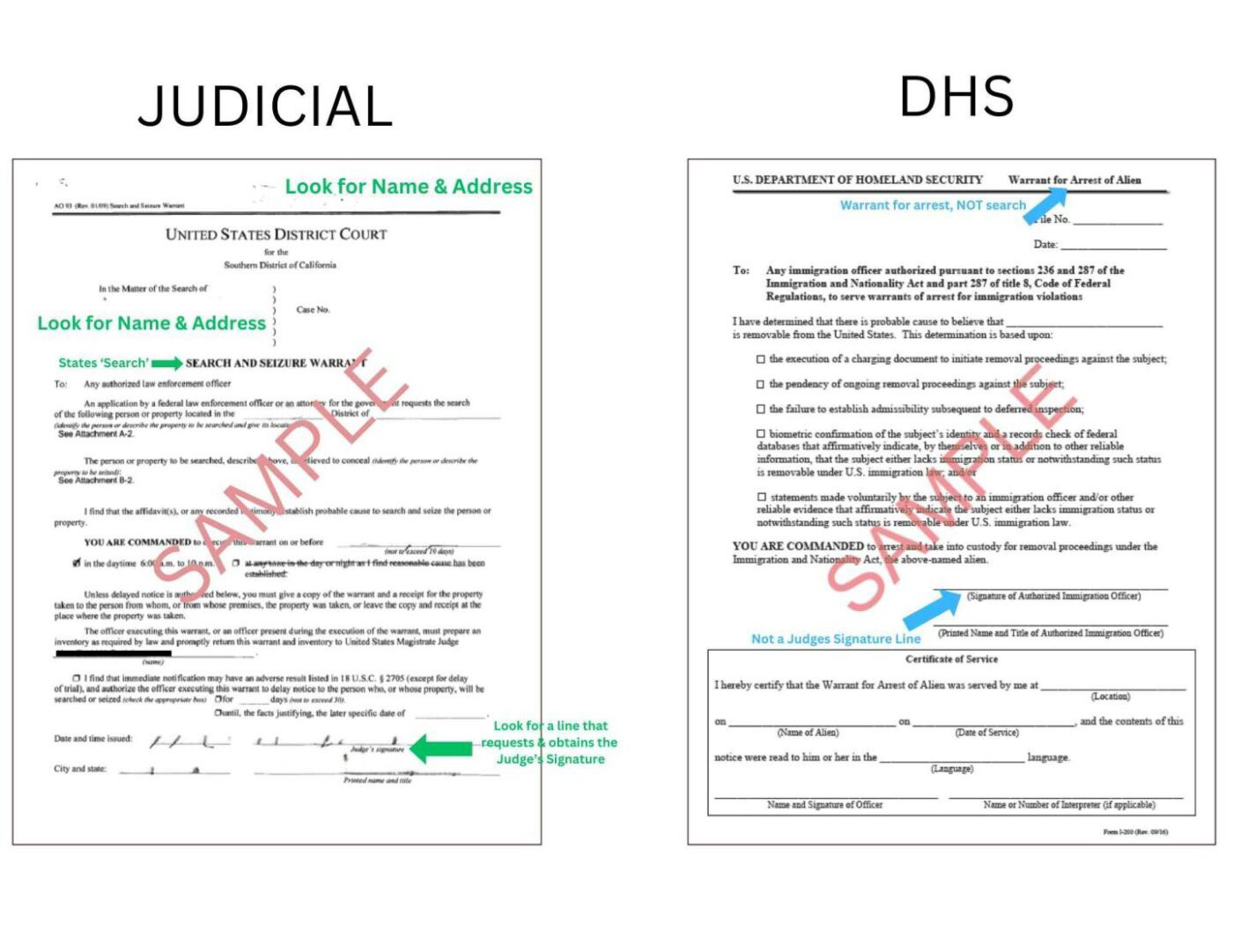In the early hours of October 2, a South Shore Drive apartment building in Chicago was torn apart by a federal raid. Agents from Border Patrol, the FBI, and the ATF stormed the five-story complex with helicopters, armored vehicles, and flash-bang grenades. Families were forced from their homes, zip-tied in the street—some unclothed—and left outside for hours. By sunrise, all but 37 were released, but residents returned to apartments trashed and a community deeply shaken.
Incidents like this highlight the urgent need for tools that protect and inform. Defroster is an anonymous, open-source app that lets users report Immigration and Customs Enforcement (ICE) activity with just a tap on their screen. The platform never stores personal data, automatically deletes reports from the server after one day, and alerts communities within a five-mile radius. With Defroster, people can stay safe, informed, and connected—while remaining fully anonymous.
Location Permission Required
This app needs access to your location to send and receive alerts from nearby users within a 5-mile radius.
Privacy Notice
- • Your location is used only to find nearby alerts
- • Reports are deleted from the server after 1 day
- • Reports are deleted from your phone after 1 week
- • Your location is randomized to the nearest city block (~250 feet)
- • No personal data is ever stored
- • You can revoke location access at any time
KNOW YOUR RIGHTS when U.S. Immigration and Customs Enforcement (ICE) is at the door: https://www.aclusocal.org/icenotwelcome
Immigration Rights & Protection Guide
If Stopped by ICE
Know your rights:
- You have the right to remain silent—use it
- Do not speak without a lawyer present
- Never lie or provide false documents (ICE can lie to you; you cannot lie to them)
- Memorize: your A number, lawyer's phone number, family contact
Warrants matter:
- Judicial warrant (signed by a judge) = you must comply
- ICE detainer (ICE's own document) = not legally binding, you can refuse
- ICE cannot enter your home without a judicial warrant
- Ask to see the warrant. If they don't have one, you can turn them away
If arrested:
- Request a lawyer immediately
- If you can't afford one, request a public defender
- Do not speak to law enforcement without legal representation
School Safety
Contact your local board of education and teacher's union to:
- Understand their protection policies
- Ask how you can support (all parents, not just immigrant families)
Local Police & 287(g) Agreements
Warning: Many jurisdictions have 287(g) agreements requiring local police to work with ICE. Calling local police may result in ICE involvement.
What is 287(g)? Federal agreements forcing local police to enforce immigration law. Currently active in 1,000+ agencies across nearly all states. Only six states have banned them: Washington, Oregon, California, Illinois, New Jersey, and Connecticut.
How Citizens Can Help
1. Get Involved Locally
- Attend school board, city council, and town hall meetings
- Join local immigrant rights organizations
2. Contact Congress
- Call your representatives regularly
- Advocate for humane immigration policy and due process
3. Support Organizations
- Volunteer time (phone banks, door knocking, petitions)
- Donate to local immigration rights groups
4. Stay Informed
- Follow non-profit investigative media (ProPublica, The Appeal)
- Share information with your community
5. Organize & Mobilize
- Bring friends to meetings and actions
- Build community networks
6. Sanctuary Locations
- 800+ houses of worship offer shelter and support
- Note: These have no special legal protection from warrants
- Contact one if you need immediate assistance
7. Repeal 287(g) Agreements
- These are LOCAL agreements requiring LOCAL approval
- Contact your city council, mayor, and police chief to demand repeal
- Show up to city council meetings
- Even without 287(g), advocate for immigrant protection ordinances
Need Legal Help?
- Contact an immigration lawyer before an emergency
- Be fully transparent about your status—attorney-client privilege protects you
- Most firms offer multilingual services
Key takeaway: Know your rights, get legal help, and engage locally. Change happens at the community level.
Examples of a judicial warrant and an administrative warrant. ICE cannot enter your home with only an administrative warrant.
